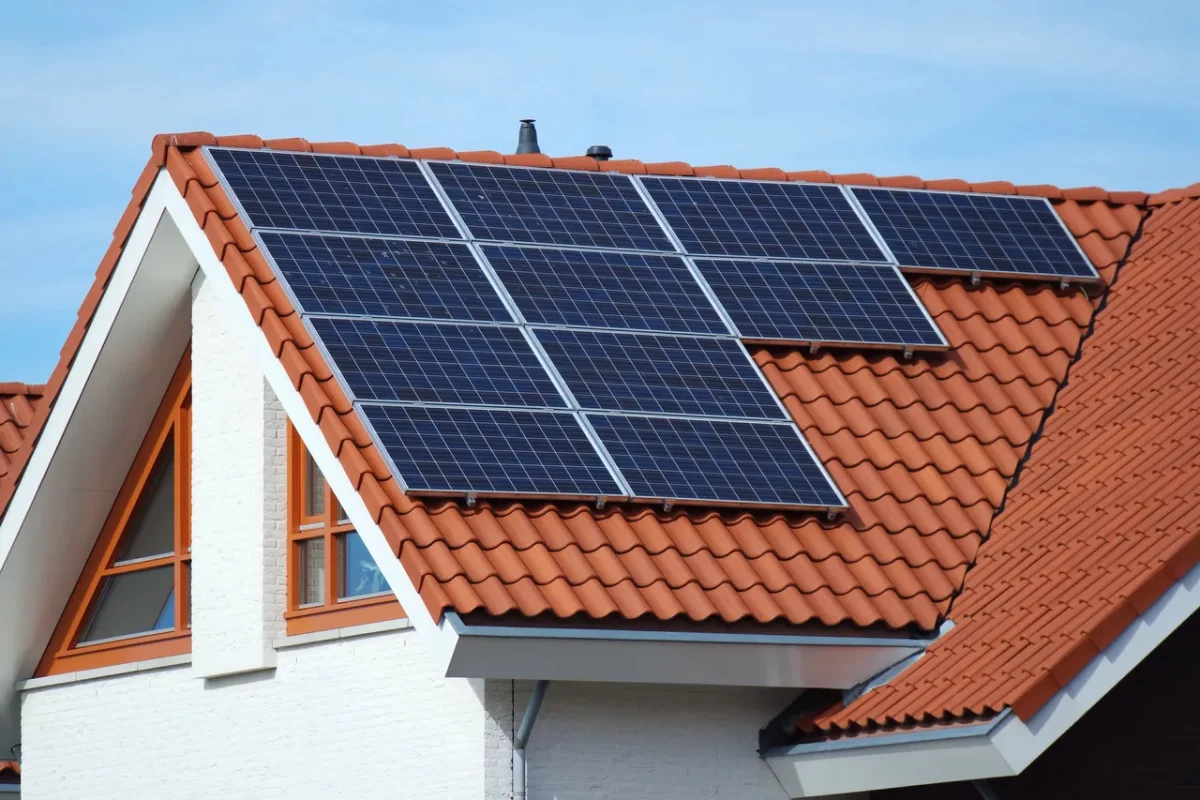Posted on Nov 22, 2023 at 6:01 pm by Emily Q
Solar panels have been gaining popularity in recent years, and for good reason: they allow for the production of clean and renewable energy while also saving money on electricity bills.
But before taking the plunge and investing in this technology, it is essential to know the prerequisites for installing these devices. This article will guide you through the different steps and necessary conditions to successfully complete your solar project.
Table of Contents
Evaluating the sunlight exposure on your roof
In order to be effective, solar panels require sufficient sunlight exposure. It is therefore crucial to evaluate the orientation and tilt of your roof before any installation:
- Exposure: Ideally, a south-facing orientation is best, but a southeast or southwest tilt can also be beneficial.
- Tilt: A tilt between 30° and 45° is generally recommended to capture the maximum amount of sunlight.
Do not hesitate to seek the assistance of a professional to conduct a personalized sunlight study.
Checking the strength and configuration of the roof
Solar panels represent a significant weight on your roof. Before installing them, it is therefore essential to check:
- The structure: Ensure that it can support the weight of the panels and consider reinforcing it if necessary.
- The roof covering: The tiles or slates must be in good condition to prevent water infiltration after installation.
- Available space: Allocate enough space for the installation of the solar panels and their future maintenance.
Once again, do not hesitate to consult a professional to obtain a comprehensive assessment of your roof.
Familiarizing yourself with local regulations and administrative procedures
Prior to installing solar panels, it is important to take into account local regulations and administrative obligations:
- Urban planning rules: Inquire with your local municipality to learn about the rules regarding the installation of solar panels in your community.
- Administrative procedures: Depending on the size of the installation and electrical power, you may need to submit a prior declaration or a building permit. Also, remember to consult your municipality’s Local Urban Development Plan (PLU).
- Connection to the electrical grid: If you wish to sell your surplus energy, you will need to submit a connection request to the electricity distribution network operator (Enedis or a local distribution company).
Choosing the right equipment and installer
The choice of solar panels and installer is crucial to ensure the success of your project:
- Type of solar panels: There are different types of solar panels, such as photovoltaic panels (electricity production) or thermal panels (hot water production). Inform yourself about the advantages and disadvantages of each technology based on your needs.
- Panel quality: Prioritize recognized and certified brands. The panels should have sufficient warranty and guaranteed performance over several years.
- Installer selection: Opt for a qualified and experienced professional who possesses the necessary certifications (QualiPV, QualiSol, etc.).
Estimating costs and financial assistance
One final important point: the budget. The installation of solar panels represents a significant investment, but there are financial assistance programs available to help finance your project:
- Tax credit: The energy transition tax credit (CITE) can provide you with a tax reduction on the equipment.
- Eco-loan at zero interest: This loan allows you to finance your energy-saving work without paying interest.
- Local assistance: Certain local authorities offer financial assistance for the installation of solar panels. Inquire with your municipality or region.
To obtain a detailed estimate of the cost of your installation and the assistance you may be eligible for, do not hesitate to request multiple quotes from professionals.
Now that you are familiar with the main steps and conditions to follow when installing solar panels, all that remains is for you to take action! Take the time to properly plan your project and seek the assistance of competent professionals to ensure the success of your solar installation.








